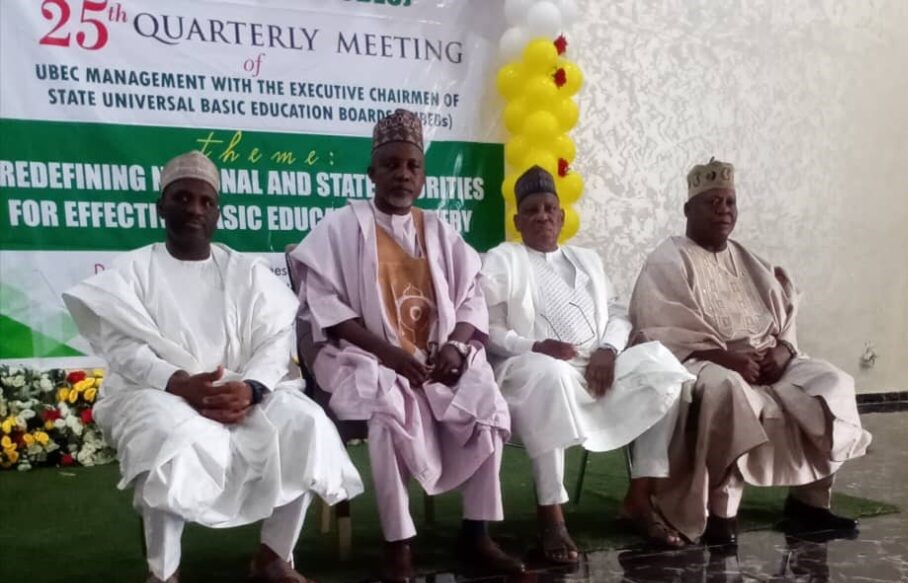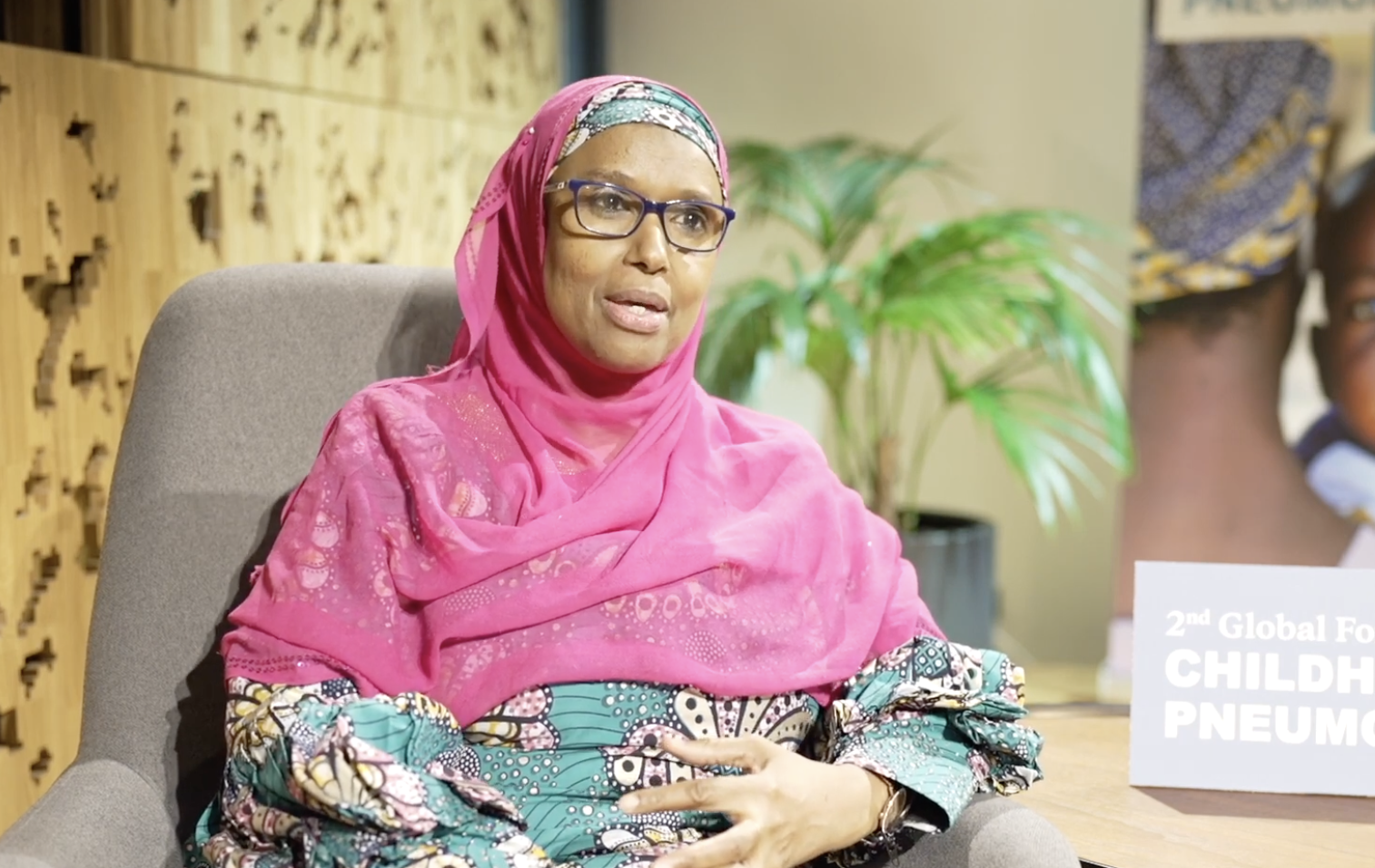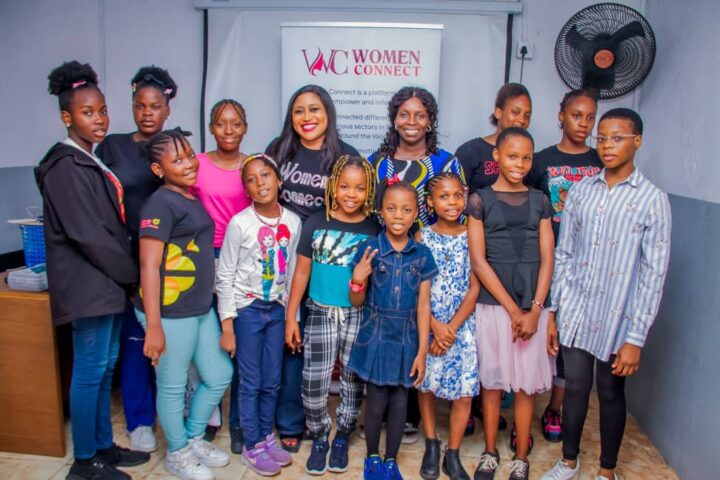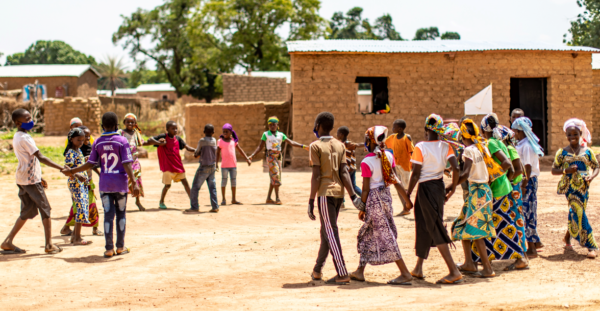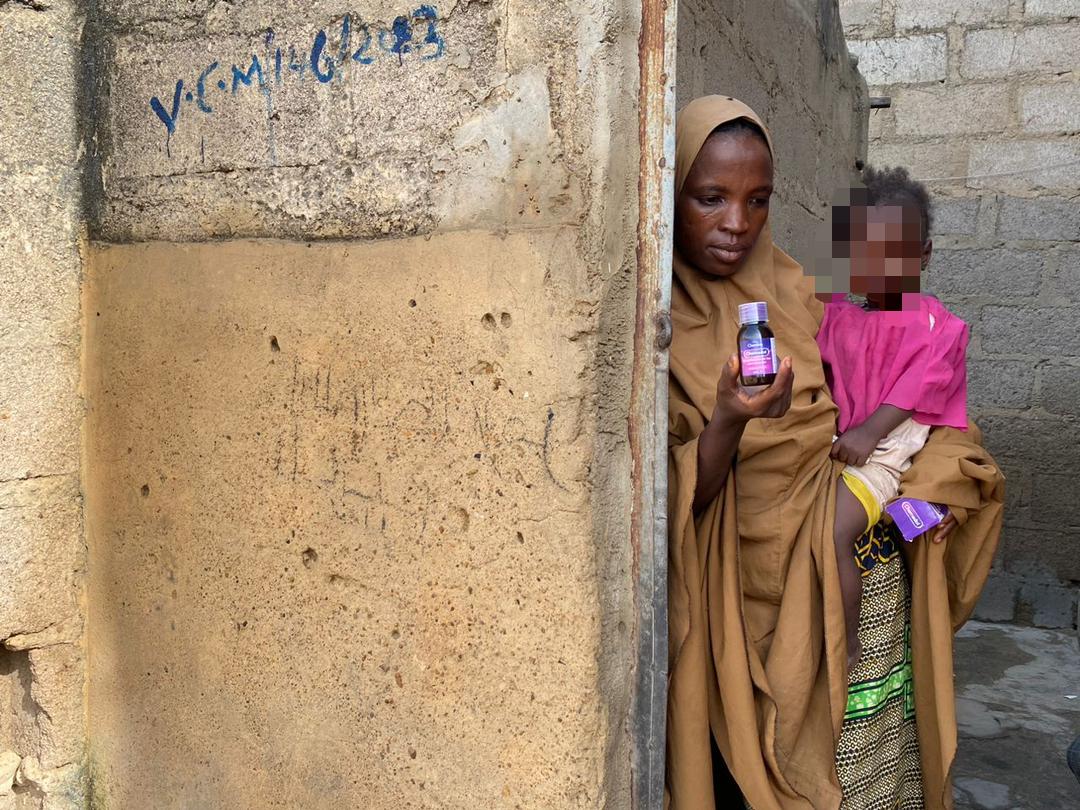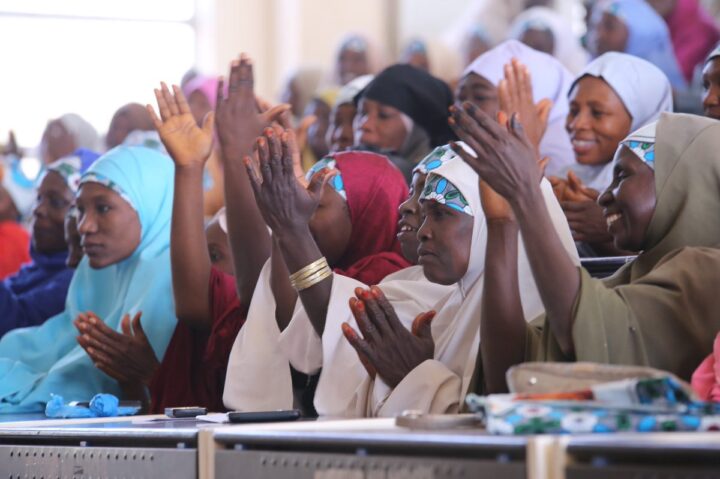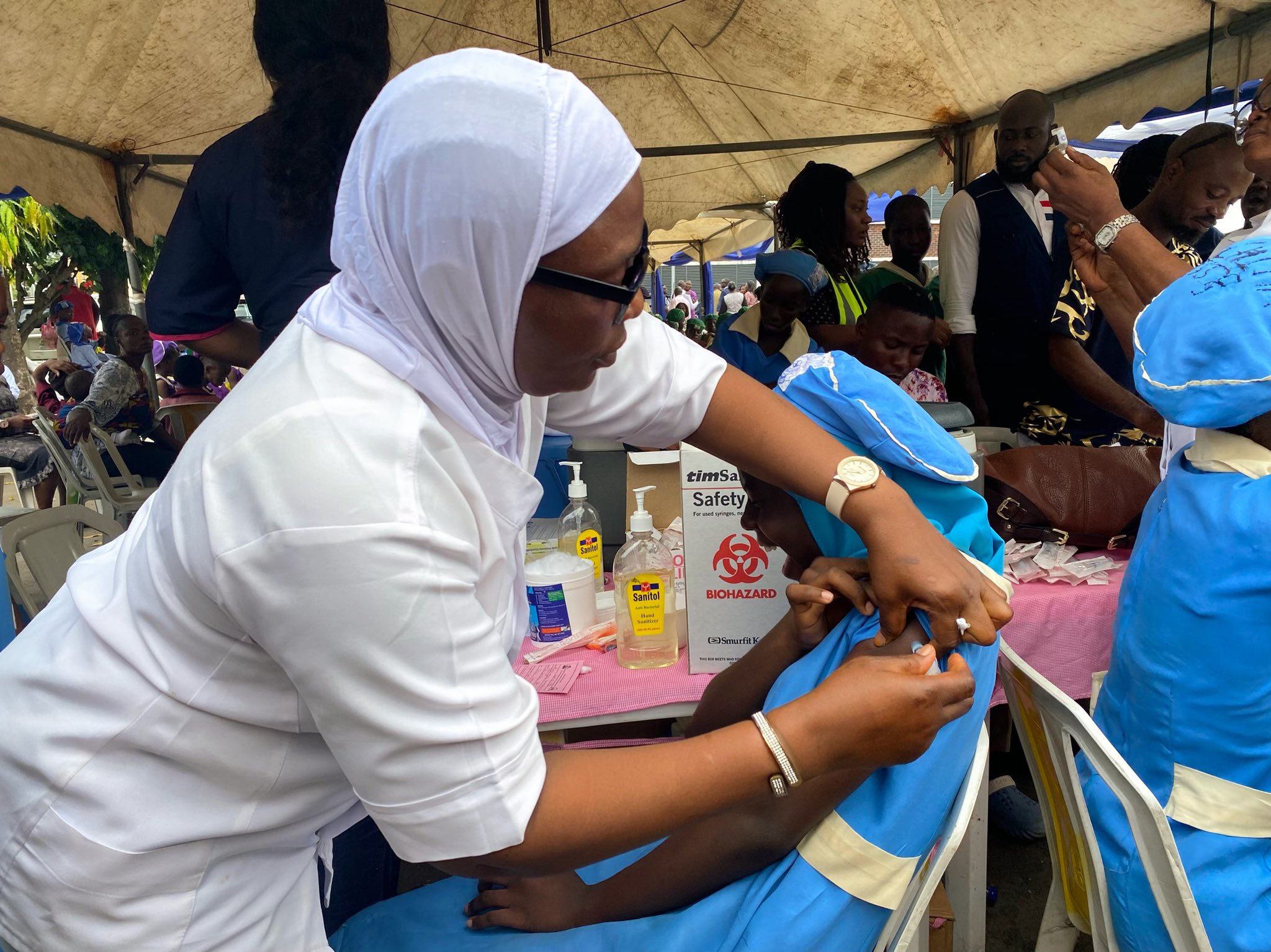The Universal Basic Education Commission (UBEC) says it is working with states and the federal capital territory (FCT) to develop an action plan to tackle Nigeria’s out-of-school children crisis.
Hamid Bobboyi, executive secretary of UBEC, spoke in Abuja on Tuesday at the commission’s 25th quarterly meeting with executive chairmen of state universal basic education boards (SUBEB).
The meeting was to deliberate on issues affecting the basic education sub-sector and to redefine national and state priorities.
The UBE Act puts the primary responsibility for basic education on the state and the local governments.
Advertisement
A 2022 United Nations Education Scientific and Cultural Organisation (UNESCO) report showed that Nigeria has at least 20 million out-of-school children.
Bobboyi said UBEC is collaborating with relevant partners, including the United Nations Children’s Fund (UNICEF), to double its efforts to create public awareness of the dangers of having large numbers of children out of school.
He added that the efforts have culminated in the creation of an action plan that states and the FCT can then implement.
Advertisement
“UBEC, in partnership with UNICEF, held a national conference on out-of-school children in 2022, the outcome of which was the development of a national framework of action,” Bobboyi said.
“This conference was followed by a validation and finalization meeting on the national framework of action, held in April 2023, and regional stakeholder sensitization meetings held between July and August 2023.
“The states and FCT are currently in the process of preparing their action plans on out-of-school children for implementation.”
Bobboyi said UBEC has also made efforts to address other critical issues including the professional development of teachers.
Advertisement
“One of these is the challenge of learning poverty at the basic education level. Studies have shown that learners are graduating from primary school unable to read and write. Learning poverty is a function of many factors,” he said.
“Prominent among these are the quality of school governance, teacher quality, availability of essential teaching and learning materials, and the learning environment. This challenge must be addressed with the urgency it deserves.
“It is important for us to determine where more resources should be deployed to rescue basic education.”
The UBEC head said the commission has concluded its 2022 personnel audit fieldwork and data collection for its national assessment of learning achievements in basic education (NALABE).
Advertisement
“One provides the data for measuring progress in UBE implementation and the other measures learning outcomes. They both constitute critical tools for planning and informed decision-making in basic education,” he added.
“As the world continuously evolves, it is an ethical obligation for stakeholders in the education sector to redefine, revisit and rethink the national and state priorities for effective basic education delivery.”
Advertisement
Add a comment

